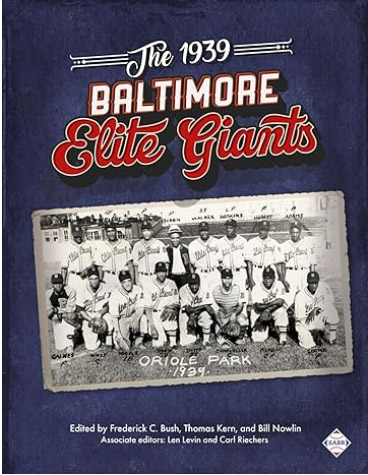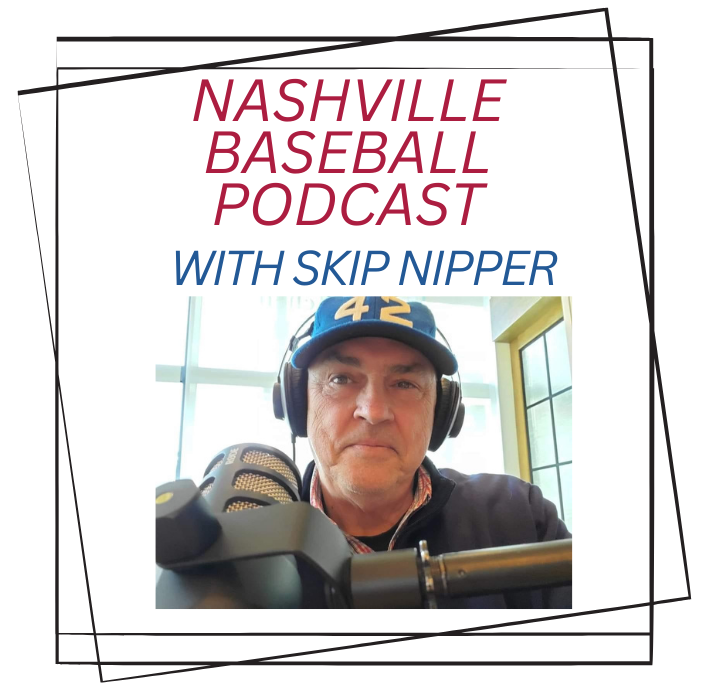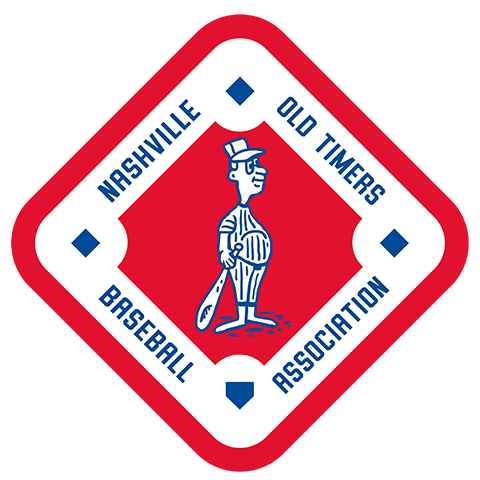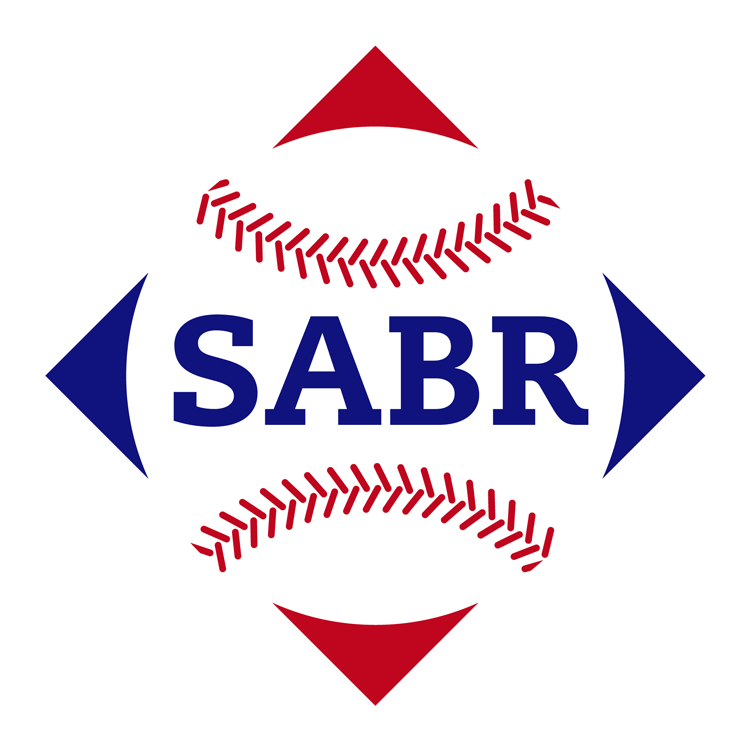
The title to this post if long, but I could not decide whether to shorten or not. I want to tell how my week got off to a great start on Monday morning with an awesome experience with 5th graders at Nashville’s Whitsitt Elementary School, and another visit to speak to a civic organization.
Teachers have my admiration for their positive influence on kids, and kids have my admiration for being courteous, studious, and eager to grasp the lesson.
Some kids are more eager than others, yes, but when youngsters raise their hands because they have a question, the question is more often than not spot on, equally between girls and boys.
I was glad for the few who had seen a baseball game lately, but only one said she had been to a Nashville Sounds game before. Most of the kids were interested in soccer (I teased them that I didn’t know what soccer was), as most students appeared to be Latino. That is a comment about how sports have evolved in Nashville and has nothing to do with the influx of people from other countries.
We continue to be a “melting pot,” do we not?
I hope I helped introduce the history of baseball to most of them, especially the subjects of segregation and integration and their place in America’s history.
The students learned about Negro Leaguer Clinton “Butch” McCord, who gave me the perfect answer when I asked him why he was not angry about segregation in baseball. I can only paraphrase what he said.
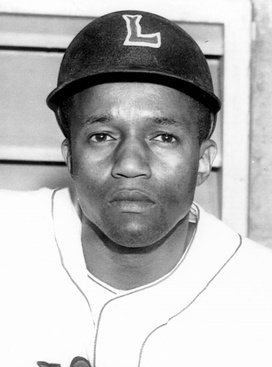
He had been angry. It is not fair Butch and others have to have lived through things in a certain way because they have black skin. But, instead of complaining, he wanted to take what he experienced and put it in the context of what Jackie Robinson did to help the Negro race.
Since Butch died in 2011, I have taken the opportunity to speak with groups about what he told me. It is essential not to let his message die, so I have embraced the chance to talk to kids of any age, race, and country.
Hall of Fame member Norman “Turkey” Stearnes, born in Nashville in 1901, is always part of my talks, along with Jackie Robinson’s impact. The context is that Stearnes was born before the integration of baseball, and along with a story about another of Nashville’s favorite baseball sons, Jim “Junior” Gilliam, I hope the message caught on about treating others with the dignity and respect people deserve.
Never should Butch’s message be limited to children. Later the same day, I presented a program on Nashville baseball history to the Mt. Juliet Noon Rotary Club. It was a mixture of men and women, a great group. Indeed, I am grateful to have been invited.
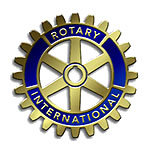
I spoke about many things that are part of Nashville and the sport I love, but it was essential to include Negro Leagues baseball in my talk. Most of the audience was familiar with that part. Still, many had not considered some of the things Butch talked about, not being able to sleep in the same hotel as white teammates, not being able to eat in the same restaurant, or drinking from the same water fountain.
Hard to hear? Probably, especially when one had not considered what was often the loss of dignity and respect. We all deserve it, no matter the pigment of one’s skin.
1939 Baltimore Elite Giants Book
I am pleased to say the bio I wrote on Tom Wilson, the “Father of Negro League Baseball in Nashville,” has been published in a book about the team he owned. It is now available on Amazon, and I hope you will consider purchasing a copy.
Fellow SABR (Society for American Baseball Research) member “Margaret “Peggy Gripshover, a Professor of Geography in the Department of Earth, Environmental, and Atmospheric Sciences (EEAS) at Western Kentucky University, wrote not one but three player biographies and SABR member Jeb Stewart, a lawyer in Birmingham who is on the board of the Friends of Rickwood, contributed to the publication.
I am walking in tall cotton with these two and many others who are capable of putting descriptive narrative in honor of those who played for the Elites (as Butch McCord also told me, “Young man, let me stop you right there: pronounce it, Ee-lites!”)
This book is a testament to Tom Wilson’s Elite Giants during their second year in Baltimore. It includes a timeline of games and events, a bio on each player, and the ball club’s post-season.
I am grateful for co-editors Bill Nowlin, Thomas Kern, and Frederick C. Bush (deceased), who trusted me to tell Wilson’s story, particularly from a Nashville point-of-view.
Chinese Baseball Team of Hawai’i
My most recent podcast episode deals with the subject of the Chinese University of Hawai’i and its baseball team – in 1914. I am sure you are wondering what this team has to do with Nashville, and I know you know I always talk about Nashville’s baseball connections.

Vanderbilt’s 1914 baseball schedule listed May 18 and 19 against the “Chinese Team of Hawaii.” Wait a minute. Did I read that right, “Chinese Team of Hawaii? It seemed odd, indeed, and no team I had ever heard of. I had to do a bit of research. In this episode, I tell the results I found about this unusual opponent.
I will write a blog post soon with more details, but in the meantime, click here to listen and learn about this visiting ball team from across the Pacific. By the way, you can purchase a replica Chinese baseball jersey at Ebbets!
© 2024 by Skip Nipper. All Rights Reserved.

